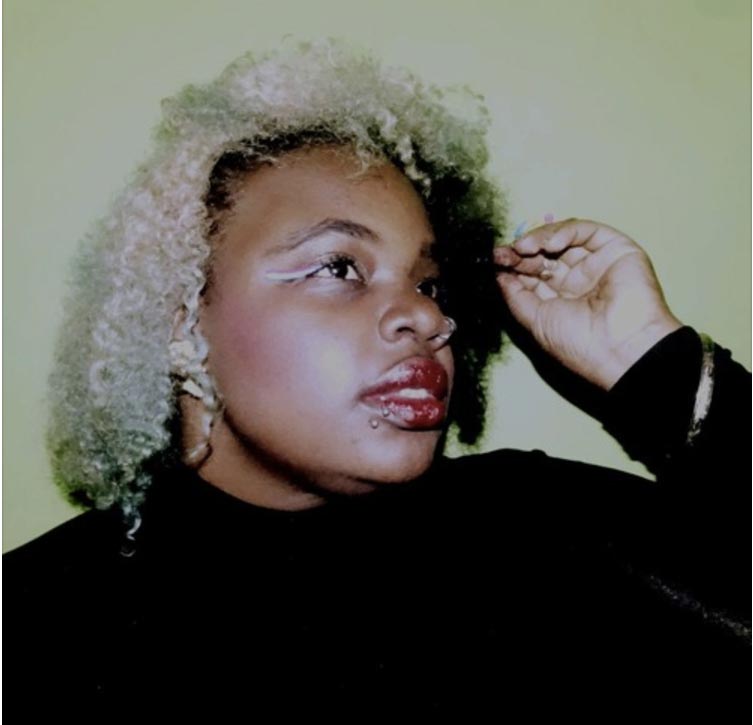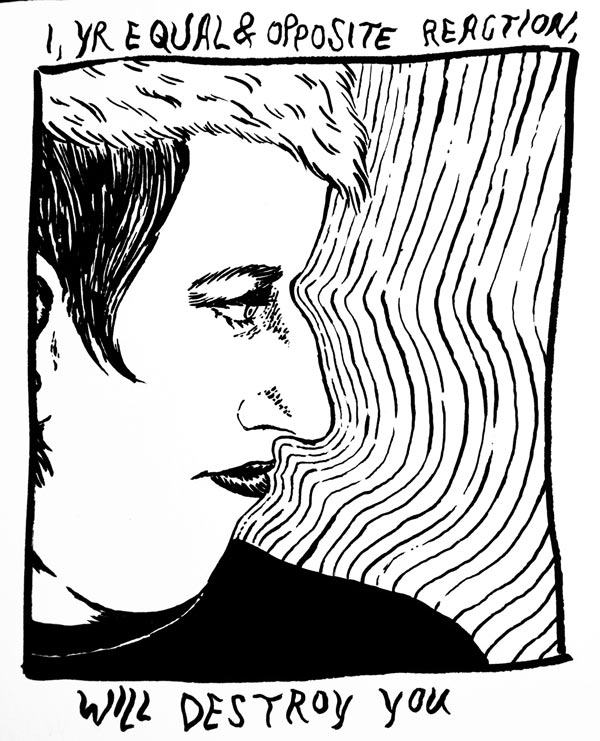On Aug. 12, as images of the white supremacist rally in Charlottesville, Virginia began to circulate — and as it sunk in over the next hours, days, weeks that what we were dealing with were large groups of Nazis, actual Nazis, in 2017, in the United States of America — a now-all-too-familiar social media rollout followed. In addition to news stories, photos and outraged status updates, many people in my feeds began to post music.

The 1981 Dead Kennedys song “Nazi Punks F-ck Off” was a common, obvious choice; I was far from alone in thinking its simplicity and direct anger was exactly the kind of counter-anthem such a simplistically terrifying and upsetting event deserved. Recorded in one take, the song originally addressed the growing number of skinheads showing up at Dead Kennedys shows; frontman Jello Biafra said at the time that it felt necessary to distance the band from the Nazi-sympathizing element that had crept into punk rock.
Was the track successful? That all depends on what you want from a political song. Nazis, you may have noticed, never really f-cked off.

Which brings us to Evaluate What You Tolerate, a forthcoming, two-volume compilation of songs by modern-day Bay Area punk bands taking a stand against racism and white supremacy. Created by a group of local activists and musicians, the comp is due Oct. 1 on two limited-edition cassette tapes as well as digitally via Bandcamp, and accompanied by a zine of the same name. All proceeds from sales are earmarked for the Anti Police-Terror Project, an Oakland nonprofit dedicated to ending “state-sanctioned murder and violence perpetuated against black, brown and poor people”; among other services, the group provides support and legal resources to families affected by police violence.
“It was a few days before the Bay Area counter-demonstrations against the white supremacist rallies, and I was laying in my bed just super depressed about how Trump has galvanized white supremacists, how 800,000 Dreamers were at risk of being deported, how my friends and family are being targeted and attacked,” recalls Vanessa T., an organizer who wished to go by her first name because of her immigration status. “And I was thinking, ‘Okay, what can I do outside of taking to the streets? How do I keep showing my friends who are targeted every day that I love and support them?’”




